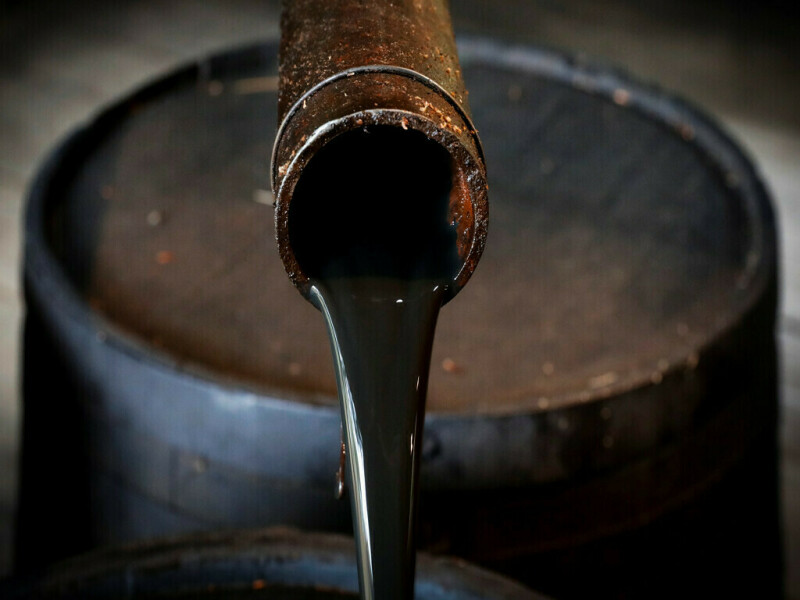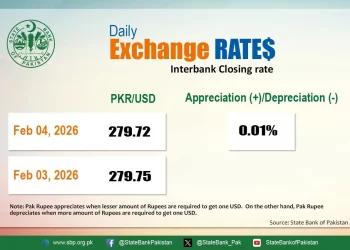
LONDON: The world oil market will be comfortably supplied in 2025, the International Energy Agency (IEA) said on Thursday, even after producer group OPEC+ extended oil supply cuts and a slightly higher than expected demand forecast.
The outlook from the IEA, which advises industrialised countries, points to continued headwinds for OPEC+, which comprises the Organization of the Petroleum Exporting Countries and allies such as Russia. OPEC+ is seeking to begin reviving output in 2025 after years of cuts.
Oil demand growth has been weaker than expected this year in large part because of China. After driving rises in oil consumption for years, economic challenges and a shift towards electric vehicles are tempering oil growth prospects in the world’s second-largest consumer.
Still, the IEA increased its 2025 global oil demand growth forecast to 1.1 million barrels per day (bpd) from 990,000 bpd last month, “largely in Asian countries due to the impact of China’s recent stimulus measures,” it said in its monthly oil market report.
China is seeking to boost the economy and will adopt an “appropriately loose” monetary policy next year, the first easing of its stance in some 14 years, the Politburo was quoted as saying on Monday.
Oil little changed as demand weakness offsets sanctions-driven supply risks
At the same time, the IEA expects non-OPEC+ nations to boost supply by about 1.5 million bpd next year, driven by the United States, Canada, Guyana, Brazil and Argentina – more than the rate of demand growth.
“The relatively subdued pace of global oil demand growth is set to continue in 2025, accelerating only modestly,” the IEA said, saying also that the market was “looking comfortably supplied.”
Oil prices pared an earlier gain after the report was released, with Brent crude trading below $73 a barrel.
2025 surplus
To support the market, OPEC+ last week pushed back the start of oil output rises by three months until April and extended the full unwinding of cuts by a year until the end of 2026 due to weak demand and booming production outside the group.
The IEA said, even excluding the return to higher output quotas, its current outlook points to a 950,000 bpd supply overhang next year – almost 1% of world supply. This would rise to 1.4 million bpd if OPEC goes ahead with its plan to start unwinding cuts from the end of next March, it said.
Next year’s surplus, as forecast by the IEA, could make it harder for OPEC+ to bring back production. The hike was earlier due to start in October 2024, but OPEC+ has delayed it amid falling prices.
Forecasts on the strength of demand growth in 2024 vary, partly due to differences over demand from China and the pace of the world’s switch to cleaner fuels.
The IEA’s view is at the lower end of industry estimates and in the report, it trimmed its forecast of 2024 world demand growth to 840,000 bpd, down 80,000 bpd from last month.
OPEC, which is at the top end, on Wednesday cut its demand growth forecasts for this year and next, but still expects more rapid growth than the IEA of 1.61 million bpd and 1.45 million bpd respectively.








